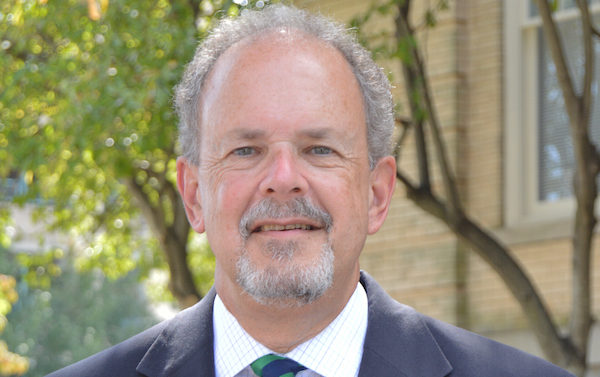The health care industry is changing, and Athens Regional Health System CEO Charles Peck sees two options: Keep the status quo and possibly shrink, or find a “strategic partner” and grow.
The Affordable Care Act has hastened consolidation among health insurers, and fewer and larger insurance providers means that hospitals are at a disadvantage when negotiating reimbursement rates. Costs are rising, though more slowly than before the ACA took effect. Patients are looking more to outpatient care.
Then there was the botched new electronic medical record system installed under former CEO Jamey Thaw, who resigned last year. Peck, who was hired in February, acknowledges that implementation was “rough,” but also says media coverage was overblown. That coverage made potential patients (read: customers) think twice about seeking treatment at ARMC.
“People in the community probably started wondering whether this was the place to come at that time,” Peck said.
While the nonprofit health system—which includes specialty and urgent-care clinics in addition to the hospital—was not on solid financial footing when Thaw left, things have improved, according to Peck. About 95 percent of doctors are now using the new records system, and ARMC is 10,000 patient-days ahead of 2014, he said. About 320 of the hospital’s 350 beds were occupied when we talked last week, up from 220 last year.
Not all the people in those beds are paying customers; ARMC did $26 million in charity care last year, and the hospital is seeing more of what Peck called “low-pay” patients: people with high-deductible plans who can’t afford to pay the deductibles.
Peck seems like a straightforward guy, and he’s even blunter when asked about Medicaid expansion. Would it help? “Absolutely,” he said, noting that five Georgia hospitals have closed in large part because they can no longer afford to provide indigent care. Is there any chance Republican officials will change course and accept federal funding to do it? “No.”
ARMC is Athens’s second-largest employer, with more than 3,000 employees. Without a merger, layoffs are probably in the cards down the road, Peck said. There’s no guarantee that a merger won’t result in layoffs—not even Peck’s own job is safe, he said. However, hospital officials believe a merger will allow ARMC to grow, adding more physicians and specialists, expanding its training partnership with the University of Georgia/Georgia Regents University medical school and doing more for indigent patients.
“They’re not going to want to destroy us and take an ax to us, because that would destroy their investment,” he said.
Now is the time to do find a partner, while the hospital is in a position of relative strength, Peck said. The process is just starting and will take about four–six months.
Although taxpayers own the hospital, Peck said a merger won’t require ACC Commission approval—though he has briefed commissioners on the situation—only approval from the health system’s various boards and the state attorney general’s office. Still, he promised there will be opportunities for public input into any potential deal. And preserving local control is a top priority for any partnership. The hospital won’t be run by somebody out of town, Peck said.
“We want to keep the organization strong,” he said. “We want to keep the organization in Athens for the next 100 years.”
Like what you just read? Support Flagpole by making a donation today. Every dollar you give helps fund our ongoing mission to provide Athens with quality, independent journalism.










